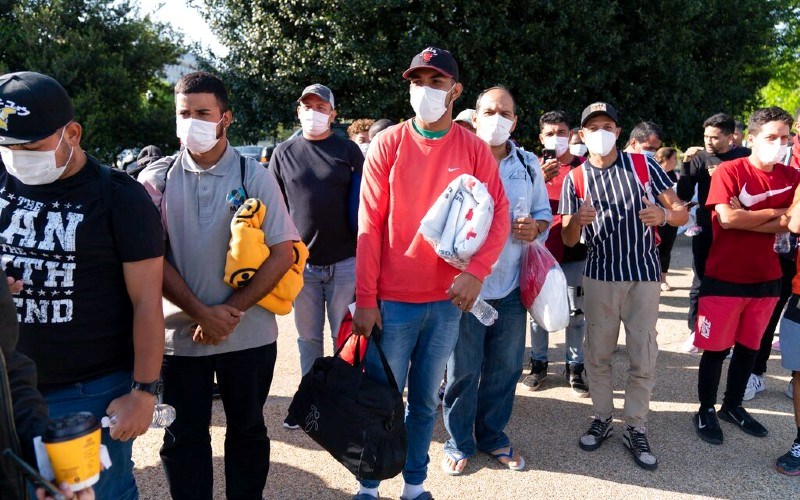According to statistics compiled by Syracuse University's TRAC database, the number of pending immigration cases now stands at more than 2.9 million – double what it was at the beginning of the Biden administration and almost ten times higher than a decade ago. The Federation for American Immigration Reform (FAIR) blames the record backlog on current policies it says "reward illegal immigration and frivolous asylum cases."
Ira Mehlman, media director for FAIR, says overwhelming the system so it is on the verge of collapsing is intentional.
"… The Biden administration's policies of bringing in millions of people here, letting them file fraudulent asylum claims – that is all part of the strategy," he tells AFN. "And it's going to have to be dealt with because people understand right now that the backlog works in their favor."

He explains that last statement: "If you come here now and you don't get a court date till sometime in the 2030s, you've essentially won already just by getting into the country – and that's what needs to stop."
Mehlman contends legislation already exists in Congress that could help: the Secure the Border Act of 2023 (H.R. 2).
"It would certainly stop new people from coming in, and we're verging on three million people in the backlog," he emphasizes. "That's something that's going to have to be dealt with. At the very least, you can stop the problem from getting worse."
H.R. 2 would limit eligibility of non-U.S. nationals to receive parole or asylum, and of some unaccompanied alien minors to remain the U.S.; require DHS to resume activities related to building a barrier on the Mexico-U.S. border, hire additional Border Patrol agents, and increase surveillance operations; and require all U.S. employers to use E-Verify, the federal web-based system for confirming eligibility to work in the U.S.







